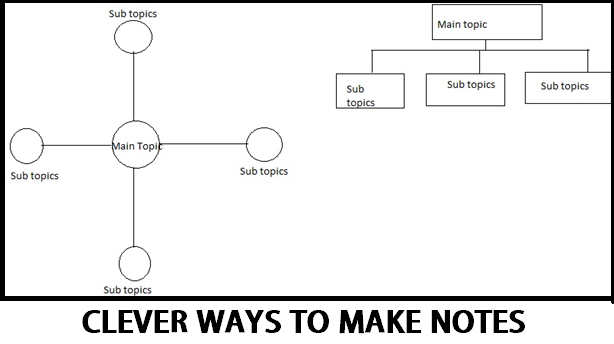
(Getting Started) Self Study Strategy by IAS Sanjita Mohapatra AIR-10

Sanjita Mohapatra is the 10th all-India rank holder in UPSC Civil Services Examination 2019. She is a native of Rourkela, Odisha. A mechanical engineer who has served as an assistant manager for Rourkela Steel Plant, she quit her job in 2018. In 2019 she has finally bagged her dream job of being an IAS officer. She attributes her success in this exam to self-studying, as well as to her choice of optional Sociology. This was Sanjita's 5th attempt. She has previously secured a state rank of 2 in Odisha Public Services Commission.
Sanjita's Booklist
To begin with, Sanjita shares the books she had picked up on her journey.

Mistakes She Learned From
Sanjita had qualified upsc prelims once before and was able to identify the problems in the first 3 times that she did not qualify. The key is multiple revisions and mock test practice. Without it, nobody can qualify for prelims.
Similarly, for upsc mains, crisp and short notes making is key. Too long notes are difficult to revise and hence useless. Sanjita learned from her mistakes and for the first time, she did not qualify mains, but ranked 10 among lakhs of aspirants.
UPSC Prelims
Sanjita insists revision is key to cracking prelims. For 2 months before the prelims exam, she quit answer writing and focused full-time on mocks. She reread the NCERT Books and other basic books repeatedly and took to writing online quizzes twice a week.
UPSC Mains
Sanjita made short notes from current affairs. She maintained separate notebooks for each GS paper and maintained bookmarks and clips from online sources as well. Her goal was to ensure that whenever she did sit to revise her notes, she should not have to struggle with resources.

She also took a 3 months crash course and last-minute current affairs revision classes before her mains. Study Notes from those classes greatly aided her preparation.
Answer Writing
She answered in bullet points and used two separate inks for headings and text. This helped her make her answers more readable. And the practice helped her with presentation skills.
Attempting All Answers
Out of the 80 odd questions asked in UPSC Mains General Studies papers, Sanjita had answered 78 which is big deal. She timed her practice so that even in the exam hall, she could finish the 10 10 markers in an hour and take the rest hour and a half to complete the remaining 15 markers. Then focus the next half an hour on ensuring you did it all write.
Message To IAS Aspirants
Patience, Perseverance, Consistency, and Hard Work – these are the 4 qualities that set a successful UPSC aspirant apart from the rest.
Stay focused and do your best. May you be showered with success.
All the best!
CLICK HERE TO DOWNLOAD UPSC TOPPERS NOTES